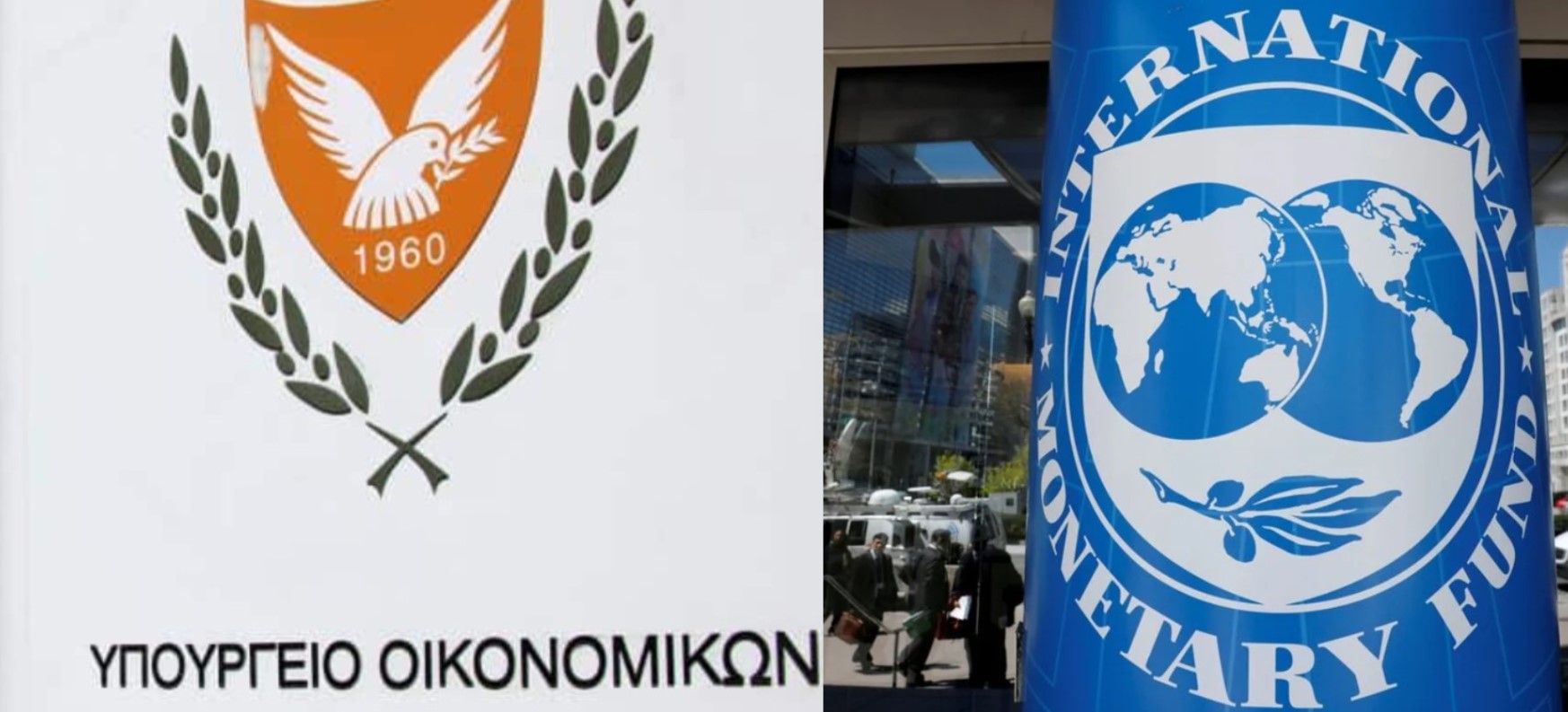The International Monetary Fund (IMF) on Tuesday revised down its forecast for Cyprus’ economic growth, projecting a rate of 2.5 per cent of GDP in 2025.
This is significantly lower than its previous estimate of 3.1 per cent. For 2026, the IMF expects a modest rebound to 2.7 per cent.
These projections diverge from those of the Cypriot Finance Ministry, which has forecast growth of 3.1 per cent in 2025 and 3.2 per cent in 2026 in its draft budget.
In its April edition of the World Economic Outlook, the IMF warned that a sharp increase in global tariffs, along with rising uncertainty, is expected to lead to a marked deceleration in global growth in the near term.
The updated forecasts indicate lower growth across most developed and emerging economies compared to the fund’s October estimates.
Cyprus’ inflation is now projected to remain at 2.3 per cent for both 2024 and 2025—an upward revision from the October estimate of 2 per cent—but is expected to fall to 2 per cent by 2026.
The IMF was more optimistic about Cyprus’ current account balance, revising the expected deficit for 2025 down from 8.3 per cent to 7.3 per cent of GDP.
It also anticipates lower unemployment, predicting it will drop to 4.8 per cent in 2025 from 5.1 per cent previously estimated, with a slight increase to 5 per cent in 2026.
According to the IMF, tariffs represent a negative supply shock for countries imposing them, diverting resources toward non-competitive domestic goods, leading to lower productivity, reduced economic activity, and higher costs.
In the medium term, diminished competition can boost monopoly power and dampen innovation incentives.
For trading partners, tariffs act as a negative external demand shock, reducing foreign demand for their products.
Some may benefit from redirected trade flows, but the global trade growth forecast for 2025 was slashed by 1.5 percentage points to 1.7 per cent, with only a slight recovery expected in 2026.
Trade uncertainty further weighs on global growth prospects. Businesses may freeze spending or hiring decisions, reduce investment, and limit purchases, while financial institutions delay credit issuance as they reassess exposure to new market conditions.
This combination of heightened uncertainty and tighter financial conditions constitutes a global negative demand shock, dampening economic activity and driving down oil prices.
IMF slashes global growth forecasts
As mentioned above, the IMF sharply downgraded its global economic outlook, citing the destabilising impact of record-high US tariffs and rising trade tensions.
The IMF cut global growth forecasts for 2025 to 2.8 per cent (down 0.5 percentage points) and 3 per cent for 2026.
What is more, inflation is also now expected to ease more slowly, reaching 4.3 per cent in 2025.
IMF Chief Economist Pierre-Olivier Gourinchas warned that escalating trade barriers are fuelling uncertainty, tightening financial conditions and weighing on investment and productivity.
Growth projections were slashed for major economies, including the US (down to 1.8 per cent in 2025), China (4 per cent), the eurozone (0.8 per cent), the UK (1.1 per cent), and Mexico, which is forecast to contract by 0.3 per cent.
Despite the headwinds, the IMF stressed that while global economic resilience remains intact, structural reforms are urgently needed to lift medium-term growth above the current subdued 3.2 per cent.
Finally, Gourinchas emphasised the need to restore clarity in global trade rules and warned against undermining central bank independence amid rising inflationary pressures and political interference.






Click here to change your cookie preferences